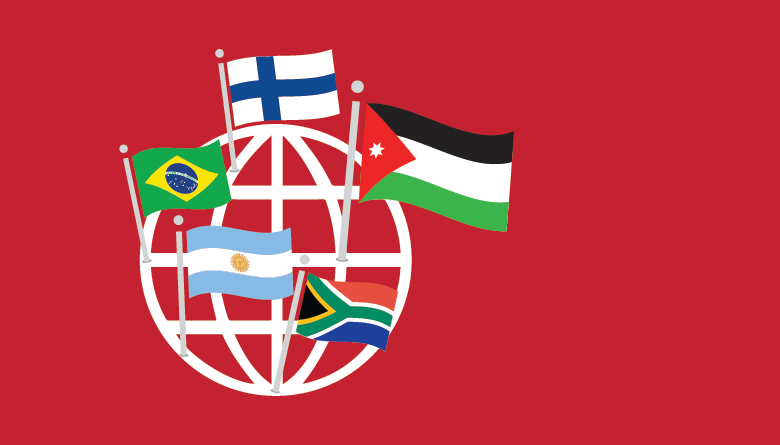Introduction
It is difficult to overstate the extent to which the development of the Internet over the past twenty years has revolutionized the way media is produced and consumed. Not only has the internet enabled a mushrooming of diverse media platforms in a field where barriers to entry have historically been high, it has led to the creation of an ever-faster paced media industry that offers citizens a wealth of media content with stories reported almost as instantly as they unfold.
That said, the clichéd conception of the Internet as an unbounded, international information superhighway is an exaggeration at best, and at worst is entirely misleading. Gone are the 1990s, when the expansion of the Internet was seen as a threat to nation-state sovereignty and prominent academics asserted that the Internet cannot be regulated, with figures such as the MIT Media Lab founder Nicholas Negroponte even going as far as to claim that “It’s not that the laws aren’t relevant, it’s that the nation-state is not relevant.” (Higgins & Azhar, 1996, Feb. 5, p. 9).
Since then it has become increasingly apparent that national laws and less formalized control mechanisms linked to national governments are the most fundamental controls on Internet access, activity, and functionality (Hunt, 2014). In countries such as Jordan, the nation-state has played an increasingly important in restricting the way in which its citizens are able to publish and consume online media content. Online media in Jordan was generally regarded to be exempt from the laws regulating traditional forms of media until 2011, when legislative changes started to bring online media under the same regulatory umbrella as traditional media outlets. In 2012, legislation was passed requiring news websites to complete an arduous licensing process and as a result the government issued orders to block over 270 websites, as well as imposing heavy-handed controls on content such as holding the editors of news websites liable for comments posted by users on their site.
Such attempts at centralized, government-led regulation of the Internet not only undermine the Internet’s potential as a powerful tool for sharing knowledge and information, theyare also inefficient, discourage innovation and are ill-suited to the technological realities of the Internet (O’Sullivan & Flannery, 2011; Frydman, Hennebel, & Lewkowicz, 2012).
This approach to Internet media regulation contrasts sharply with progressive approaches from around the world that have been able to simultaneously protect online freedom of expression and protect against the abuses that can result from the openness of the Internet, such as the ability to easily disseminate illegal speech (e.g. libel, defamation) and the difficulties associated with holding people accountable for publishing illegal speech anonymously.
This paper will provide an overview of the internet control regime in Jordan and contrast this authoritarian approach with examples of good practice from around the world. This is a policy-oriented paper rather than an academic analysis. Thus, the purpose of this comparison is to highlight various regulatory alternatives that are available to the Jordanian government, alternatives that fulfill its self-proclaimed objective of guarding against illegal speech without undermining Internet media freedom.




